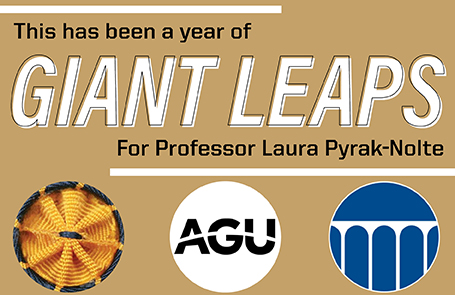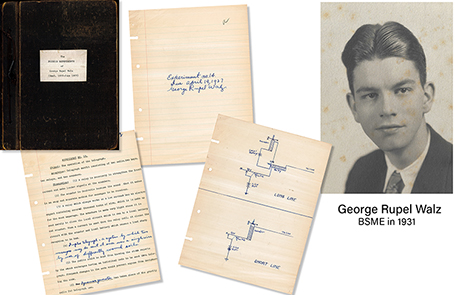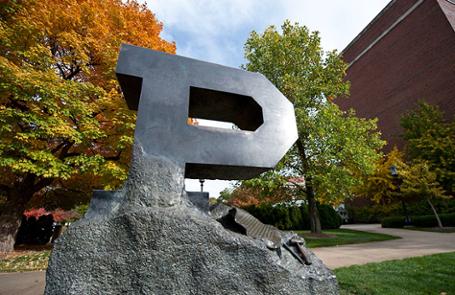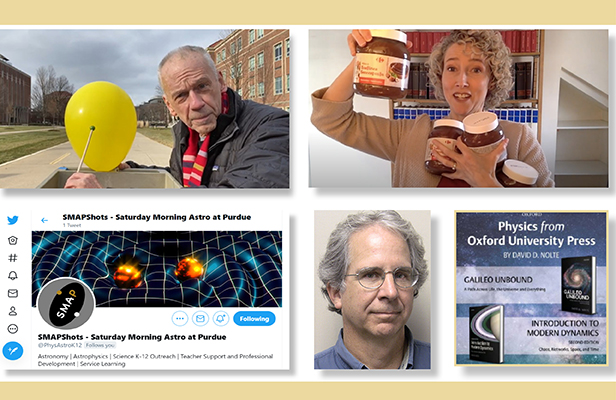
Follow along with Physics and Astronomy
Faculty of Purdue University have created ways for people at home to take in pieces of their favorite sciences throughout the year. The Department of Physics and Astronomy has something for every age group to ensure that the persistent pursuit of our physical world is within reach.
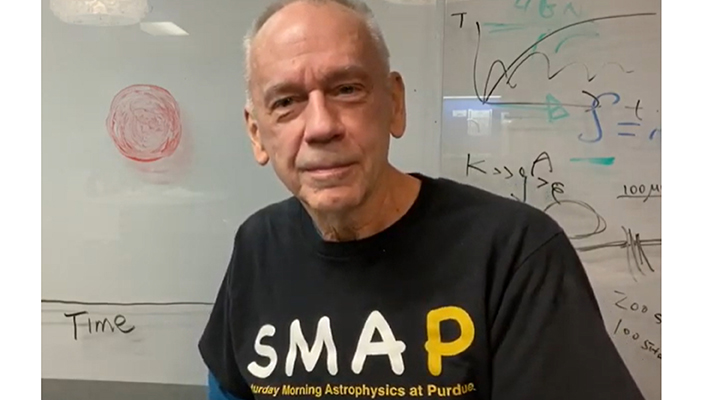
Saturday Afternoon Astrophysics (SMAP)
The Department of Physics and Astronomy has a dedicated K-12 outreach program. One of the charter programs for outreach is Saturday Morning Astrophysics (SMAP), which is a monthly on-campus program for middle and high school students. Because of the pandemic, SMAP had to change course from in-person to remote learning. For this reason, David Sederberg, created a YouTube channel and a Twitter account (@PhysAstroK12). These will both help teachers and students who have been forced to stay home stay connected with physics and astronomy.
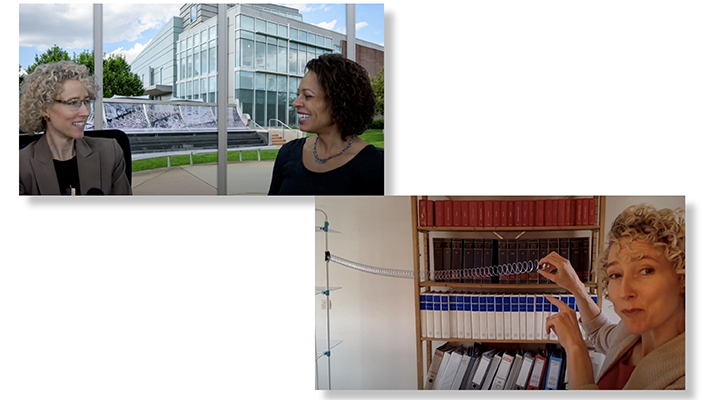
Quantum Coffeehouse
Are you in need of a coffee break and quantum physics broken down into bite-sized nuggets? Then look no further than the Quantum Coffeehouse by Dr. Erica Carlson, 150th Anniversary Professor of Physics and Astronomy. Check out her youtube channel created for the Purdue Quantum Science and Engineering Institute that presents quantum physics lessons, special guest speakers, and novel examples of quantum mechanics at youtube.com/QuantumCoffeehouse.
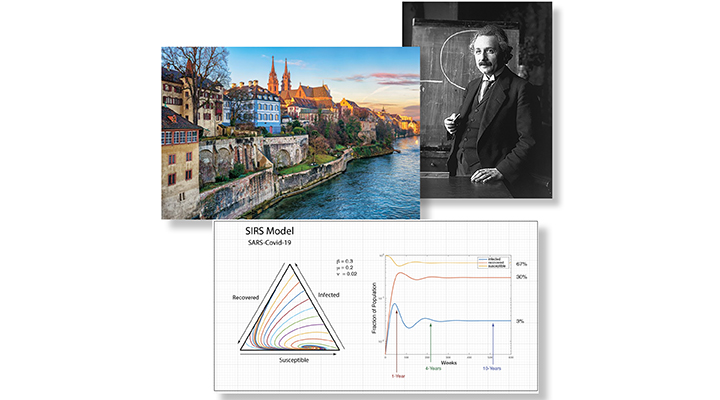
Galileo Unbound
Do you want to learn about the history of physicists, the ups and downs of compound double pendulums, the calculable spread of COVID-19, and the stories of people behind the physics of mechanics, complex systems, and nonlinear dynamics? Then check out the Galileo Unbound blog by Dr. David Nolte, Edward M. Purcell Distinguished Professor of Physics and Astronomy, at the website galileo-unbound.blog.
